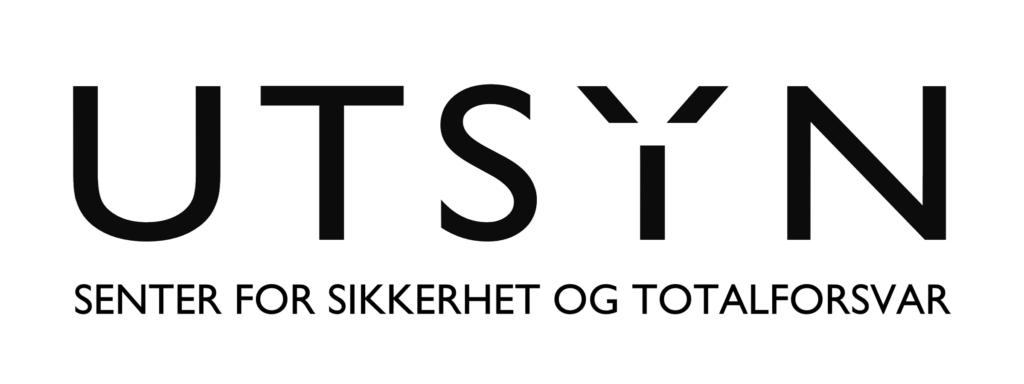Social Complexity and Asymmetric Warfare
ABOUT
In the face of Russia’s invasion of Ukraine, countries across Europe are preparing themselves for a new reality. This reality is marked by the increased presence of hybrid warfare targeting civil populations to create social unrest and instability. A key feature in hybrid warfare is influence operations, broadly defined as coordinated, integrated, and synchronized efforts to accent communications to affect attitudes and behaviours. They come in various shapes and sizes, draw on different models, and are carried out by foreign and domestic actors, state and non-state. The actors exploit existing vulnerabilities, disrupt order, and stir distrust between people and their governments. Through influence operations narratives are promoted, information spaces are degraded, and public discourse is eroded. With the increasingly widespread use of digital media/social media and social networking/messaging, the NATO alliance has recognized and addressed initiatives to map and counter threats emerging from cognitive warfare.
UTSYN’s part of the project: “Social Complexity and Asymmetric Warfare” is a case study on energy discourses and disinformation in social media in Norway. The project has selected three different municipalities, all heavily affected by wind power projects at various phases of completion. One in the south, one in the mid-north and one in the high north, close to the border with Russia, where the indigenous population have extensive rights and interests. The main objective is to enhance knowledge on how and in what contexts Russian influence operations are implemented in the civil sphere in Norway and how they impact the ‘end user’. A second aim is to test approaches and methodological tools to document the impact of influence operations. The case study thus seeks to document manipulation and dissemination of disinformation in public discourses in the context of the Norwegian local election in September 2023. The chosen topic is energy, one of the most contested topics in the Norwegian political discourse. By mapping and monitoring online debates as well as relevant editorial medias coverage on renewable energy projects, this project ultimately aims to provide insight into how civil societies in liberal democracies can build resilience and adequate defence mechanisms as well as support governments and civilians to understand the role of influence operations and strengthen civil resilience in a time of crises.
PROJECT PROGRESS
For five months, the researchers have been engaged in a mixed methods effort to identify and analyse electoral online discussions across a range of local media outlets and social media. Researchers have used commercial tools that aggregate data from social media to analyse trends in online discussions, relying on big-data analysis and GPT-4. This data has served as the basis for investigations based on quantitative and qualitative approaches.
THE TEAM
UTSYN’s research team is comprised of two senior researchers as well as a partner research organization, Analysis & Numbers, covering relevant areas of methodological and thematic expertise. Additionally, in cooperation with UTSYN’s partner: the Nordic Press Center in Washington DC, three young Norwegian journalists/research assistants have joined the project and will be present in Washington DC in February 2024. Their task is to contribute to the qualitative research and analysis component while being resident students with the Nordic Press Center. The residency is designed to benefit the project as well as the professional and academic development of the journalists. They will participate in seminars, and networking events as well as contribute directly to the final qualitative stage of the research project.
CONTACT
The research project is led by UTSYN - Centre for Security and Resilience and is funded by the University of Maryland. Please feel free to contact us for any questions and comments.
Ingrid Vik – Lead Researcher
E-mail: Ingrid@prosjektutsyn.no
PARTNERS

